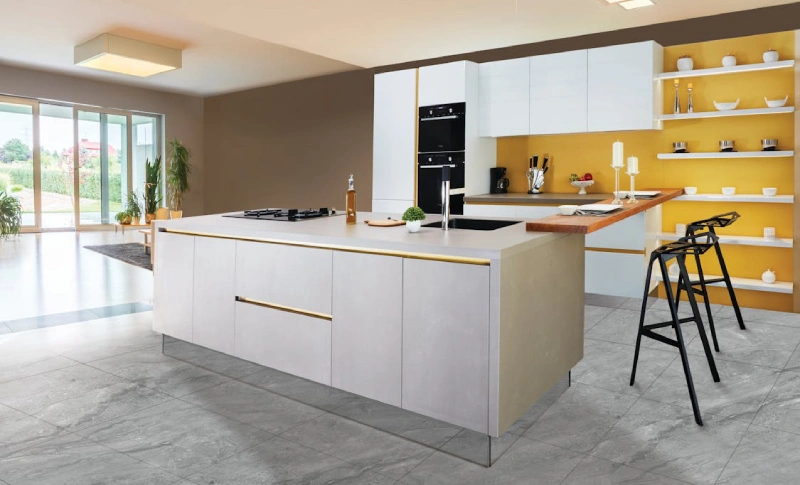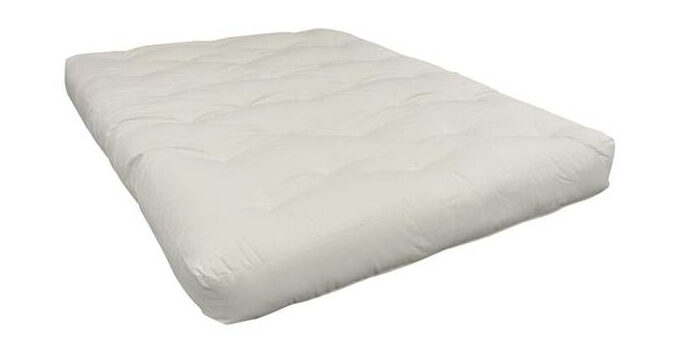Have you ever dealt with a broken heater in the middle of winter or a clogged drain just before guests arrive? These situations can feel frustrating and often expensive. Most of the time, they happen because of small issues that were overlooked. Whether you live in Riverside, CA or anywhere else, keeping your home’s systems running smoothly doesn’t have to be complicated or costly. It simply requires regular attention and a little planning. When you care for your home regularly, you can avoid sudden problems and even save money in the long run.
In this blog, we will share simple ways to keep your home’s systems in good shape and help you avoid costly breakdowns.
Keep Your HVAC System in Top Shape
Your HVAC system plays a big part in how comfortable your home feels. If it stops working, you might be stuck in the heat or cold. To prevent that, change your air filters every one to three months. Dirty filters make your system work harder and can lead to more serious problems. Regularly changing the filters helps your air stay cleaner and keeps the system running efficiently. It’s also a good idea to keep the area around your outdoor unit clear of leaves, grass, and other debris.
In addition to filter changes, have your HVAC system checked twice a year—once before summer and once before winter. These seasonal checkups help catch issues early. A professional can clean the parts you can’t reach and test the system to make sure everything works as it should. If your system is older, ask whether it needs any upgrades or repairs. A little care now can help avoid expensive repairs later. Keeping your HVAC system in good shape improves your comfort and helps lower your energy bills, too.
Schedule Regular Inspections with Trusted Professionals
It’s smart to have a trusted professional take a look at your systems from time to time. For example, hiring an HVAC contractor in Riverside, CA, before summer hits can make sure your air conditioning won’t fail when you need it most. A trained expert can catch problems you might miss and suggest repairs before they turn into costly emergencies. Look for professionals with good reviews and ask friends or neighbors for recommendations if you’re not sure who to hire.
Home inspections aren’t just for buying a house. You can schedule a yearly checkup to catch wear and tear before it causes damage. These inspections can cover your HVAC, plumbing, electrical, and even your roof. Think of them as health checkups for your home. You don’t want to wait for something to break. It’s better to find small issues early. When you work with people you trust, you’ll feel more confident about your home’s safety and comfort.
Take Care of Your Plumbing System
Your plumbing system keeps water flowing where and when you need it. But leaks and clogs can lead to water damage, mold, and high water bills. One of the easiest ways to prevent plumbing problems is to avoid putting grease, coffee grounds, or hair down the drain. These items can build up over time and cause blockages. Use drain covers in showers and sinks to catch hair and food bits before they enter your pipes.
It’s also helpful to check for leaks often. Look under sinks, behind toilets, and around your water heater. Even a small drip can waste gallons of water and increase your bill. If your pipes are older, consider having a plumber inspect them for signs of rust or damage. You don’t have to wait for a burst pipe to take action. Regular care of your plumbing system will help you avoid emergencies and keep everything running smoothly.
Keep Electrical Components Safe and Updated
Electricity powers so much of what we use every day, from lights to appliances. Keeping your electrical system in good shape is important for your safety. Start by testing your smoke detectors and carbon monoxide alarms every month. Replace batteries at least once a year. These devices are your first line of defense if something goes wrong. Also, avoid overloading outlets with too many devices, which can be a fire hazard.
If you notice flickering lights, buzzing outlets, or breakers that trip often, call an electrician right away. These signs may mean something is wrong with your wiring. Older homes may need an update to keep up with modern electrical needs. An electrician can check your system and suggest any upgrades needed to keep your home safe. Electrical issues are not something to ignore. Taking care of them early can prevent serious risks down the line.
Don’t Ignore Your Roof and Gutters
Your roof protects your home from rain, wind, and sun. If it’s damaged, water can leak inside and ruin ceilings, walls, and floors. Gutters also play a big role by directing water away from your home. Clogged gutters can cause water to pool on the roof or around your foundation, which can lead to serious damage. Check your roof and gutters at least twice a year—once in spring and once in fall.
Look for missing or cracked shingles and remove any leaves or debris from the gutters. You can do this yourself or hire a roofing professional to help. It’s also smart to make sure your downspouts are pointing away from your home’s foundation. Small repairs now can prevent larger problems later. A clean, well-maintained roof and gutter system will help protect your home from the elements all year long.
In conclusion, taking care of your home’s systems doesn’t have to be hard or expensive. With a bit of planning and regular attention, you can avoid unexpected repairs and keep everything running the way it should. It’s about building small habits that make a big difference over time. Think of home maintenance as an act of care—something that protects your space and keeps it a good place to live. Your home works hard for you every day. It deserves the same in return.















